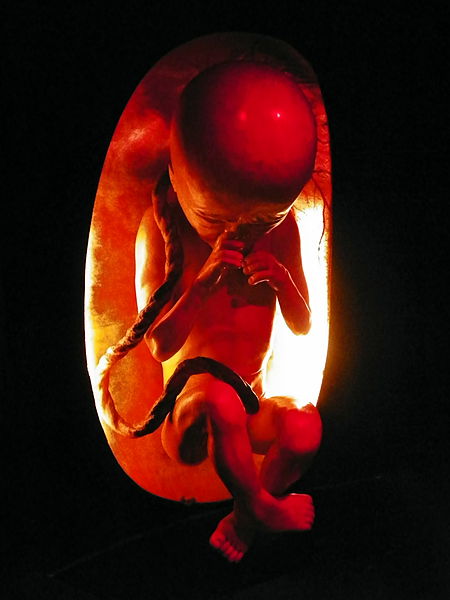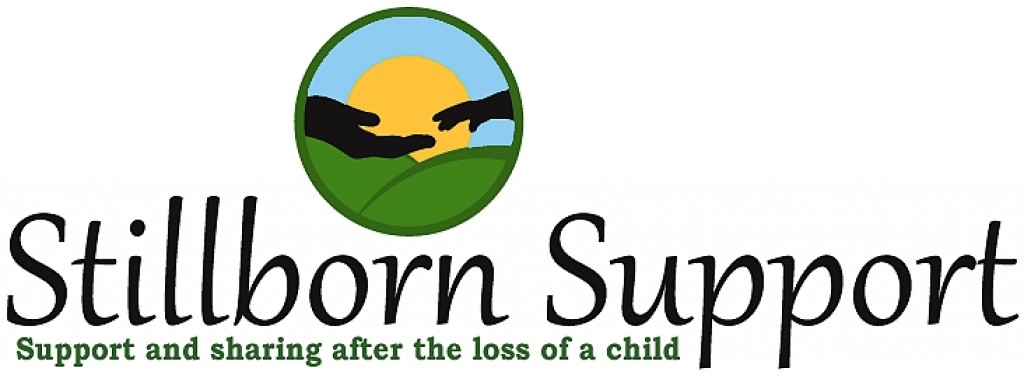Stillbirth More Prevalent for Pregnant Women Who Sleep on Their Backs
Recent Australian research suggests that pregnant women who sleep on their backs have 5-6 times greater risk of having a stillborn baby.
Although the research results of the five-year Australian study are preliminary, and the sample size of 295 women is small, the results are significant.
This has highlighted the need for women to understand and examine the risks, and to be aware of the warning signs.
Like many research studies, the study was based on demonstrating a correlation rather than clearly proving cause and effect.
The researchers at the Stillbirth Foundation Australia cautioned that pregnant women should not be alarmed by these findings, if they sometimes sleep on their back.
They also advised that women who sense a decrease in their baby’s movements and slow weight gain, should seek professional advice sooner, rather than later, as these things can be early warning signs of potential problems.
The notion that a baby's movements in the womb declines late in the pregnancy as the baby gets ready for birth, has been shown to be a myth.
The baby’s movements should increased later in the pregnancy not decline.


The mean rate of stillbirth in the United States is about one in 115 births, and in Wales, England, Northern Ireland and Australia, the rate is about one in every 200 births. Many stillbirths occur late in pregnancies, not related to prematurity, and many occur at full-term to mothers that appear to be healthy. Postmortem examinations have shown that the cause of death is unknown for about 60% of stillbirths. In developing countries, the stillbirth rate is much higher.
The ongoing research study examined the pregnancies of almost 295 women from 8 hospitals around Australia, who were more than 32 weeks through their pregnancy. In Australia, more than 2000 babies are stillborn every year. This rate that is 35 times higher than that of Sudden Infant Death Syndrome. The rate of stillborns is not declining and the causes are poorly understood. For about half of stillbirths that occur after 32 weeks, both the mothers and babies appeared healthy. This stage is past the risk period associated with premature birth. Only about 10% of stillborn babies at this late stage show signs of abnormality. Other potential causes include problems with the mother's general health and abnormalities with the placenta that supplies blood to the babies. The Sydney Stillbirth Study is aimed at providing better information to identify causes and risk factors.
The preliminary results of the study suggested that prolonged periods of rest on the back or on the right rather than the left side, may cause restricted blood flow to the baby for some women. The cause of this is possible interference of blood flow through a major vein carrying blood from the legs to the heart. This may affect blood supply to the womb.
Previous research has shown that about 75% of pregnant women sleep predominantly on their left side, rather than the right. The difference in the rates is much higher than in women who are not pregnant. This suggests that they could instinctively choose a favorable sleeping position that benefits both the mother and child, but this has yet to be confirmed.
The other significant risk factors for stillborns include lower that expected growth rates of babies (babies are small for their gestational age). The study also demonstrated a correlation between observed decreased movements of the baby and stillborn incidence. The researchers suggest that pregnant women should seek medical advice if either or both of these occur.
The small number of women monitored in this study and the preliminary nature of the study preclude any accurate recommendations for pregnant women about sleeping on their back during the latter stages of pregnancy.
Organizations Offering Support
There are various organizations that offer help and advice about stillbirths throughout the world.
- UK Sands
- Spring Support UK
- Sands - Australia
- Stillbirth Alliance - International
- Stillbirth Foundation Australia
- American Pregnancy Support
- First Candle - International
- Stillborn Support